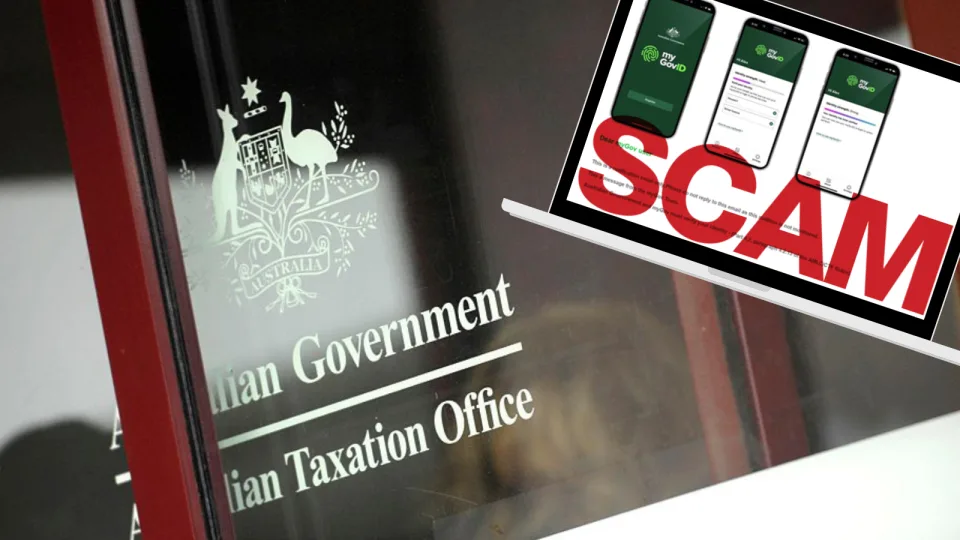The ATO reminds employers that they must pay their super guarantee (‘SG’) contributions in full, on time, and to their eligible employees’ correct super fund. If they fail to do so, they will need to pay the super guarantee charge (‘SGC’), which will cost them more than the super they would have paid, and which is not tax deductible.
The ATO is “committed to taking a firm approach on the non-payment of SG”, and it has published its ‘snapshot’ of 2023/24 SG compliance actions and results. Taxpayers can read the full results at ‘Super guarantee annual employer compliance results’ on the ATO’s website.
Key results include:
- Employers are paying 92.4% of the SG obligations they are required to — without intervention from the ATO.
- The ATO has collected and paid $932 million of SG entitlements into the super funds of 797,000 employees.
- Over $1.91 billion in SGC liabilities was raised from employers through ATO compliance actions and SG voluntary disclosures.
- The ATO has ‘proactively contacted’ more than 167,000 employers, resulting in $240 million in SGC liabilities raised.
- The ATO has issued 8,710 director penalty notices relating to 6,500 companies as part of its ‘firmer response action’.
The ATO says employers need to “keep good records, report accurately and pay on time”.
Ref: ATO website, Small Business Newsroom, 19 November 2024
________________________________________________________________________________________________________________
SMSFs cannot be used for Christmas presents
The ATO warns that there are very limited circumstances where taxpayers can legally access their super early, and “paying bills and buying Christmas presents doesn’t make the list.”
Generally, taxpayers can only access their super when they:
- reach preservation age and retire; or
- turn 65 (even if they are still working).
To access their super legally before then, taxpayers must satisfy a ‘condition of release’. SMSF members who illegally access their benefits may be liable for additional income tax and administrative penalties, and they could be disqualified as a trustee.
Taxpayers who have illegally accessed their super are advised to contact the ATO immediately via the ‘SMSF voluntary disclosure service’ on the ATO’s website. The ATO will take their voluntary disclosure and circumstances into account when considering penalties.
For taxpayers who have illegally accessed their super, returning it to the fund may be considered a new contribution. Depending on their contribution caps, this may result in additional tax on excess contributions.
Taxpayers should also beware of people promoting ‘early access schemes’ to withdraw their super early (other than by legal means). They can protect themselves from promoters of such schemes by:
- stopping any involvement with the scheme, organization or person who approached them;
- not signing any documents, and not providing any of their personal details, such as their tax file number; and
- ‘tipping-off’ the ATO online, or phoning the ATO on 13 10 20 to advise of their situation.
Ref: ATO website, SMSF Newsroom, 14 November 2024
________________________________________________________________________________________________________________
ATO reminder about family trust elections
Tax agents and accountants may be contemplating whether their clients should make a family trust election (‘FTE’) or interposed entity election (‘IEE’).
Making an FTE provides access to certain tax concessions, although there are important things to consider, including the following issues.
A valid FTE or IEE can only be made where the relevant tests are satisfied, and the election is in writing in the approved form. It is important to retain the original approved form, and to disclose the FTE and/or IEE in the taxpayer’s income tax returns. Tax agents or their clients can also lodge FTEs and IEEs with the ATO to assist with record-keeping.
It is important to understand the specified income year and the specified individual whose ‘family group’ is to be considered, as, once the election is in effect, family trust distribution tax (‘FTDT’) is imposed when distributions are made outside the family group of the specified individual. FTDT is a 47% tax, payable by a trustee, director, or partner, as the case may be.
Tax agents and their clients should maintain strong governance of FTEs and IEEs, and review these elections annually to ensure they remain appropriate. Taxpayers can potentially revoke FTEs and IEEs, and vary FTEs, in limited circumstances and subject to certain conditions.
Before making a distribution or annual trust resolutions, trustees should identify the members of the specified individual’s family group to help avoid any FTDT liabilities.
When FTDT arises, taxpayers must include the ‘Family trust distribution tax payment advice’ with each FTDT payment. The ATO has no discretion to ignore the application of FTDT. However, in some circumstances, taxpayers may be able to ‘reverse’ FTDT by making an FTE or IEE specifying an earlier income year.
Ref: ATO website, Tax Professionals Newsroom, 7 November 2024










